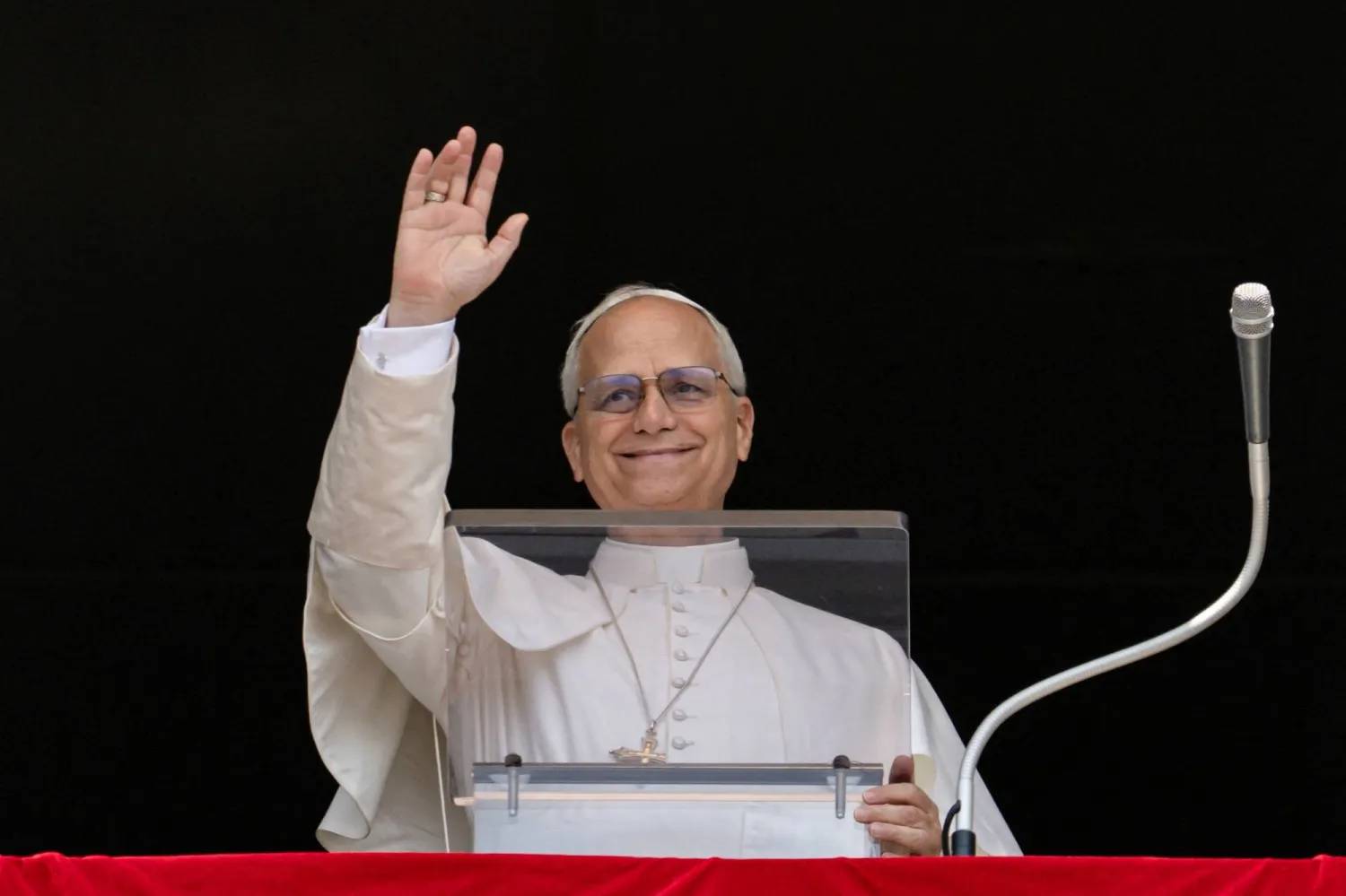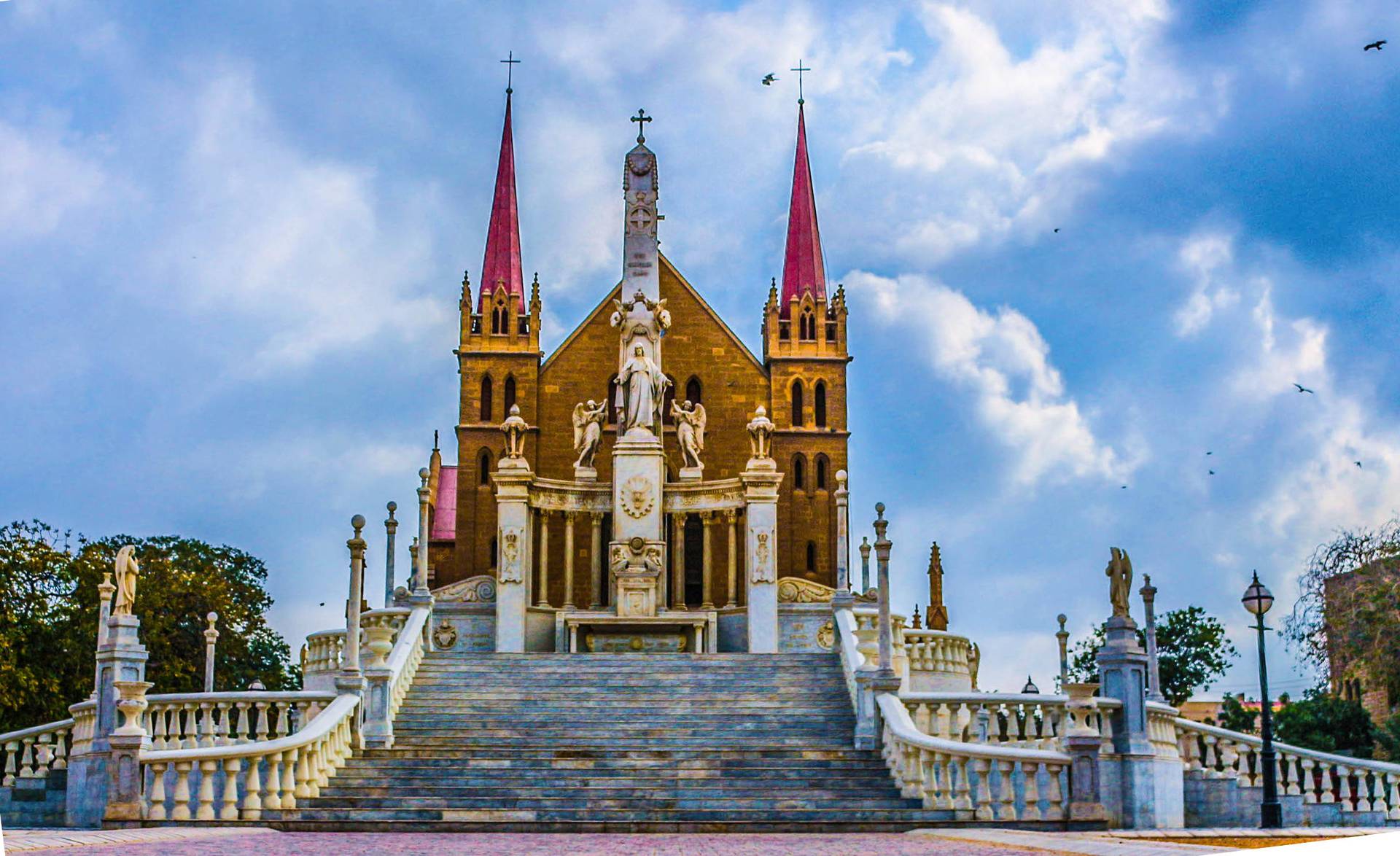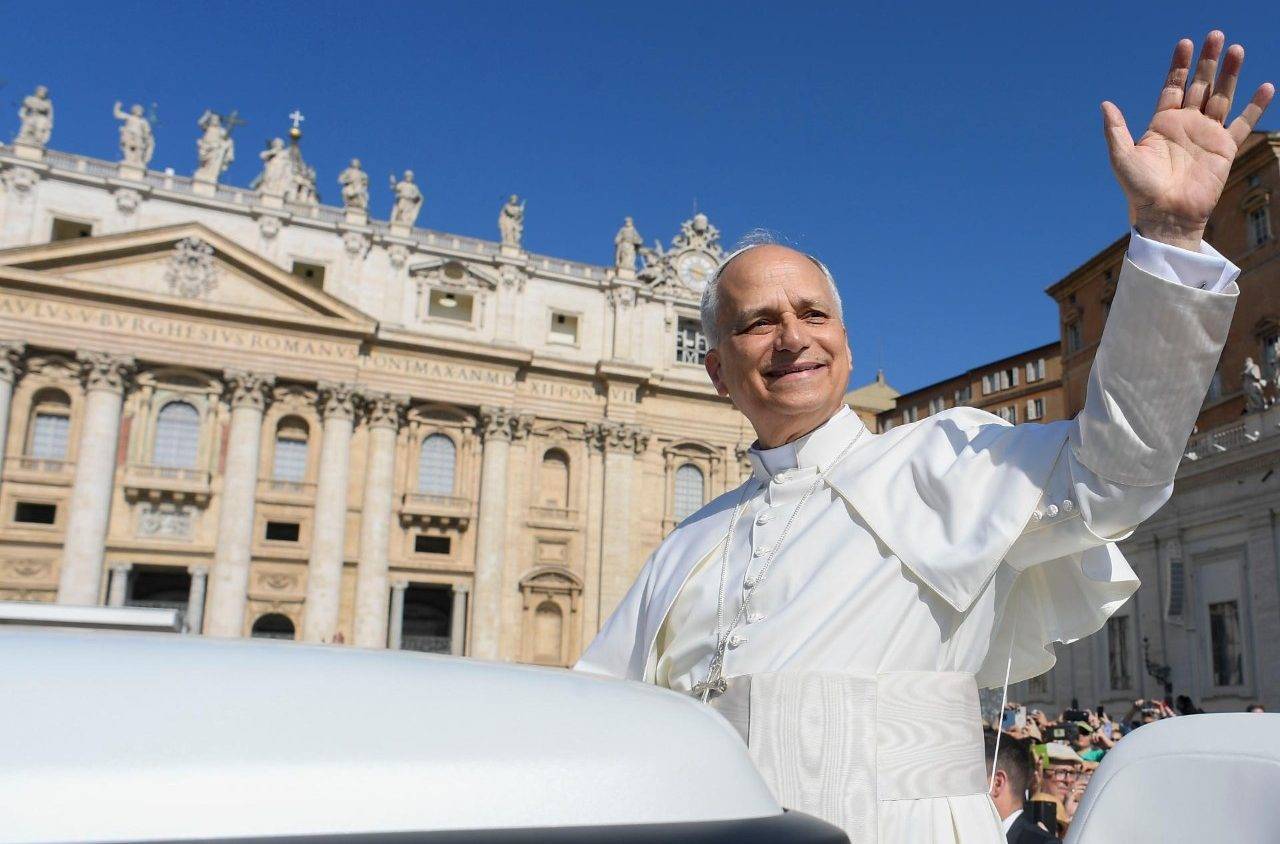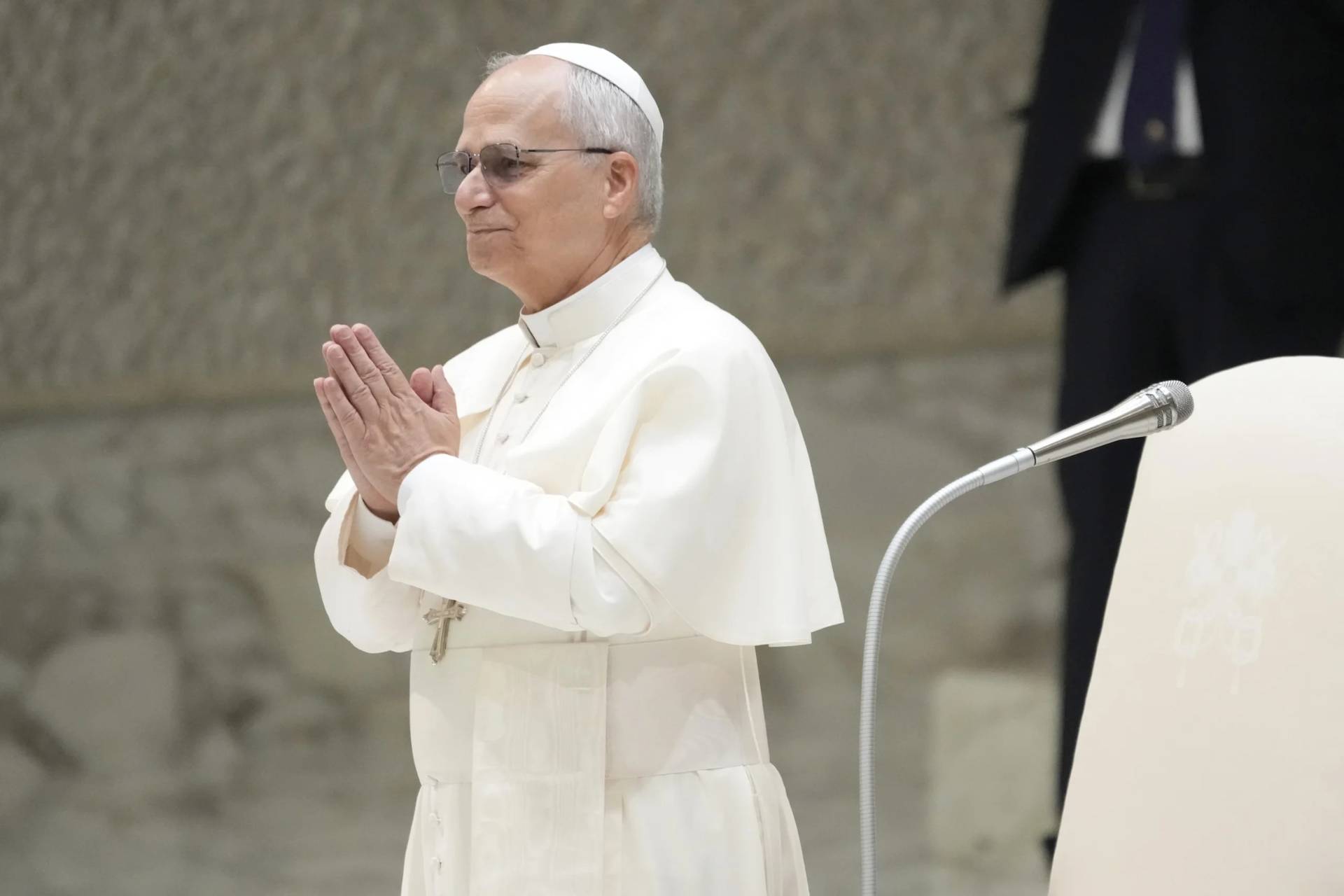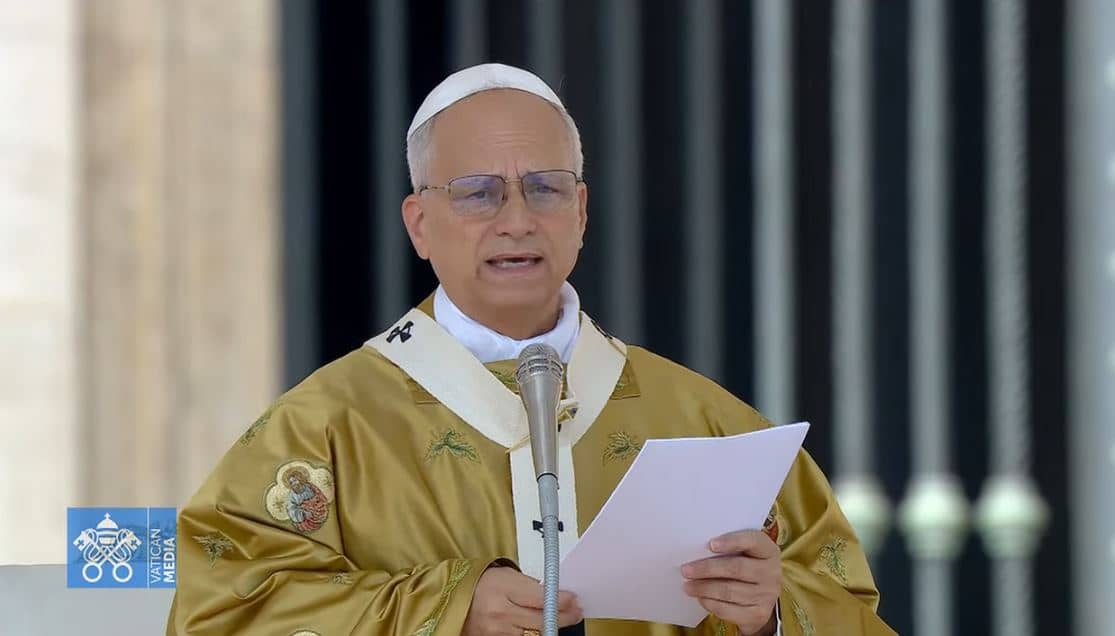No sooner do the chestnuts fly and the maples start to unravel than this woman’s thoughts turn to her holiday lists: gifts, cards, menus, invitations, garden clean-up, family visits, charitable giving. It’s been said that the way to win a war is to ask a woman to run it. For many of us, this time of year takes on the semblance of a battle plan. It’s a race against time, to fulfill every to-do while maintaining borderline sanity.
I’ve wised up, though, thanks to a dear and sensible older friend who handed me her notes from an Advent retreat she attended years ago. I share them today for the benefit of women everywhere.
Before we set off on the path towards Bethlehem, coupons and wish lists in hand, let us pause at the home of those two indomitable sisters, Mary and Martha. Every year, the Jews of Jesus’ time celebrated a post-harvest festival, the Feast of the Tabernacle. This was no small affair. It was a seven-day thanksgiving blowout; out-of-town pilgrims set up small tents and booths around the temple environs as accommodations and to commemorate their time in the wilderness. On the year in question, Martha invited Jesus and his disciplines to stay with her and her sister at their home in nearby Bethany.
It is just what I would have done. “Bring the cousins,” I’d add. “And don’t worry about fish or olives — I’ll take care of everything.”
Our 1st century Martha Stewart then went to town, cooking, cleaning, airing out the linens. In her patriarchal society, this was the best — indeed, the only way — for a woman to earn points, fulfilling her domestic duties as perfectly as possible.
The whole entourage arrived. While Martha was solo in the kitchen brewing up a stew of virtuous resentment, her sister Mary had become so entranced by Jesus’ presence and teachings that she broke rank. No setting the table for her. She sidled into the living room and sat with the men, in rapt attention.
We know how the story ends. As Luke’s gospel tells the tale, when Martha complained to Jesus about her sister’s lack of appropriate hostess skills, he replied, “Martha, you are worried and distracted by many things, but only one thing is needed. Mary has chosen the better part …”
Hmm. Surely he can’t mean: Blessed are those who opt out and buy frozen pies?
At my friend’s retreat, the women came up with a list of pre- and post-holiday duties that they routinely performed to make Thanksgiving and Christmas festive, abundant, and memorable — things the men in their lives are barely aware even happen. I won’t reproduce it here; my female readers have already pulled up their own mental checklists. Suffice it to say that it came to 75 separate tasks.
None of these tasks read: Sit by the fire. Bask in the circle of family and friends. Practice gratitude.
* * * * *
The various faith communities in which I travel these days are busy places, too, and they seem to get busier every week. Committees, task forces, new outreach initiatives, newsletters, more and better enrichment opportunities. We take pride in the growing numbers in our pews and programs. It’s a sign of life, we say, of renewed vigor and purpose.
But I wonder. Why is it so hard for us to imagine behaving the way Mary does — either at home or in church?
Have we become convinced that it’s all up to us — to fix, solve, rescue, fulfill all of the laws? That in the end, God is a nice idea, but has no real agency in our world? Or this: Do we secretly believe that unless we are stressed out of our minds, we aren’t worthy of love — the love that passes all understanding (i.e., that has no justification)?
Our inner-Marthas are important. We need to tend the hearths of home, and put in the work of building communities of real value. This means showing up with the colored chalk and cookies at the inner-city after-school, tracking down the Christmas carol CDs, warming the apple cider, visiting the elderly aunt.
But our busyness, especially this time of year, can hide our personal and cultural demons. Over-involvement can camouflage inner emptiness, a sense of being fundamentally flawed — exactly that which we ought to be bringing to the feet of God. And we aren’t very good, either at home or in church, at shifting the dynamics so that this surrender and vulnerability can happen. Perhaps that day in Bethany, Jesus was attempting to teach those within hearing distance how to do this: to shift from drivenness and blame to invitation; from resentment to intimacy and grace.
* * * * *
I ought to be putting the bulbs in before the frost, finishing the pile of books on my desk, mailing that belated birthday card, and organizing December travel plans. But I think of my friend, who shortly after that Advent retreat set aside her busy life as administrator of her husband’s high-profile academic post, and took up her camera. Well into her 70s, today she has a thriving practice of contemplative photography.
In her honor, I decide to just sit and watch the birds at the feeder outside my living room window. Freshly filled yesterday, it is nearly empty, as sparrows gorge and squirrels scramble for what falls from their beaks. I set down my inner stop watch and ask the universe to be okay with my enoughness, just as I am, for an hour.
The red finches dance on the perches. The blue jay arrives, followed by clouds of sparrows. Then far off, in my neighbor’s yard, I see a rare flash of red — the king of the birds in these parts, a brilliant male cardinal. I love cardinals and am hardly ever lucky enough to see them. Setting aside my forward propulsion has granted me this small miracle. Small as a grain of sand, but sharp with joy. My heart remembers itself; I am filled with a sudden gratitude.
I cannot stay here, anymore than Mary would stay at the feet of the teacher. But as I gather my briefcase to go teach my afternoon class, I am aware of a spaciousness that hadn’t been there before, and a flash of something bright that could only appear when I had made room enough for its arrival.
Which brings us to the next chapter of the Advent story …










